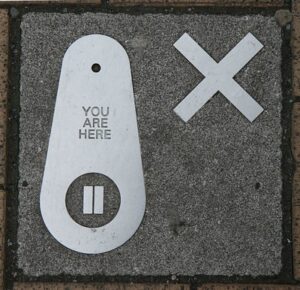Proposed SAT legislation may impact enrollment of high school students at community colleges. Currently, Michigan requires all high school students to take the SAT as a high school graduation requirement. In addition to requiring the test, Michigan high schools report the results on students’ official transcripts.
During the pandemic, prospective college students found it difficult to access testing centers. Selective colleges and universities responded by eliminating the requirement that students submit their SAT scores.
If you have a college-bound high school student, you know that they live and die by their SAT scores. In their minds, university doors are opened (or closed) based on their test scores. The pandemic created an opportunity for students to submit college applications without disclosing their SAT scores. The results were predictable.
While university enrollments dropped during the pandemic, they didn’t drop nearly as far as community college enrollments did. Some universities saw no significant impact from the pandemic on their application numbers or their enrollments.
Although colleges and universities promised to disregard an applicant’s SAT scores, the State of Michigan requires high school districts to print students’ SAT scores on their official transcripts. Depending on the score, that could disadvantage students during the application process. The SAT legislation proposes to remove the student’s SAT results from their official transcript in hopes of correcting any disadvantage.
SAT legislation may redirect some students
For community colleges, however, the SAT requirement may have been a blessing. If students earned a lower SAT score than they had hoped, they may have opted for community college enrollment. Now, a “bad” SAT score that remains unseen by colleges and universities may advantage students, but disadvantages community colleges.
No one is certain when colleges and universities may return to their pre-pandemic application processes. Until that time, universities’ relaxed admissions standards may make the “community college transfer” strategy unnecessary.
This puts additional pressure on community colleges to locate and recruit more students for whom their SAT scores are immaterial. This means finding more students from different demographic groups to fill classes.
Fortunately, Michigan almost always has a large collection of unemployed and underemployed workers. The pending SAT legislation may draw students away from community colleges, but it also opens opportunities to recruit more non-traditional students.
Statistics show that a large percentage of Washtenaw County high school graduates will enroll at WCC within five years of graduation. Rather than focusing on the number of students enrolling immediately after high school, WCC should increase its efforts to return the area’s unemployed and underemployed individuals to the workforce.
Photo Credit: Biology Corner, via Flickr















